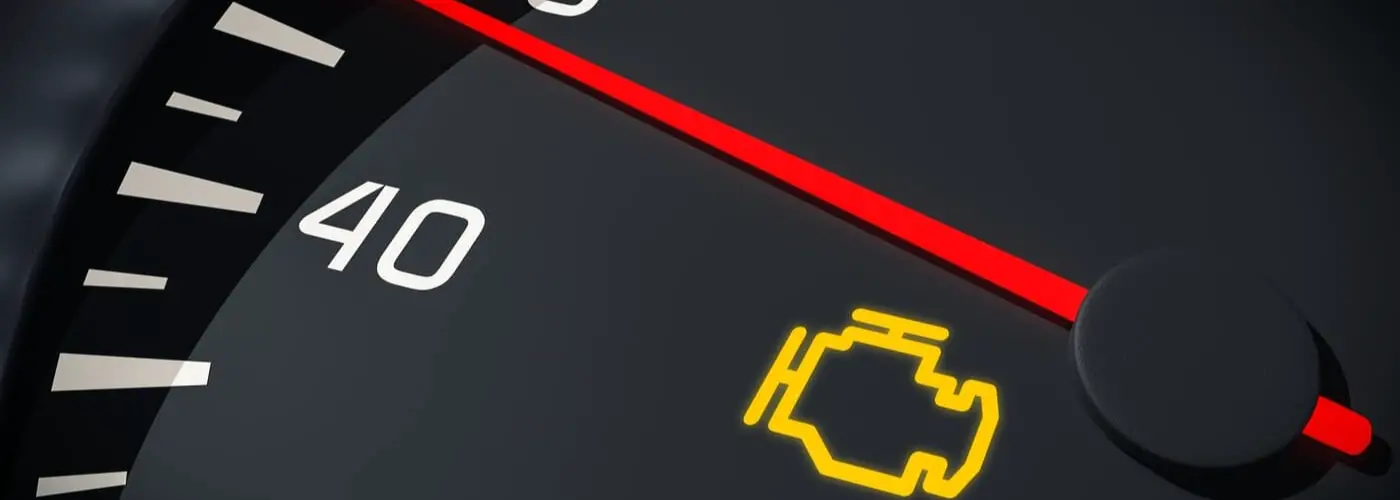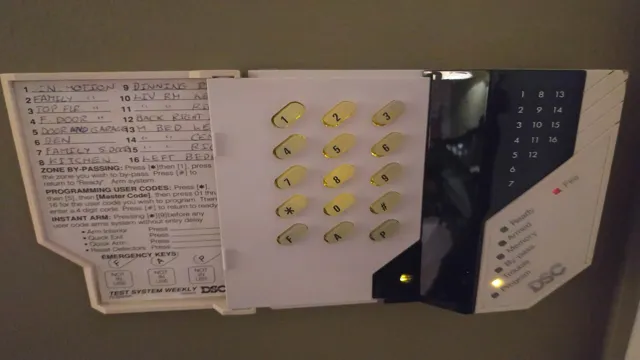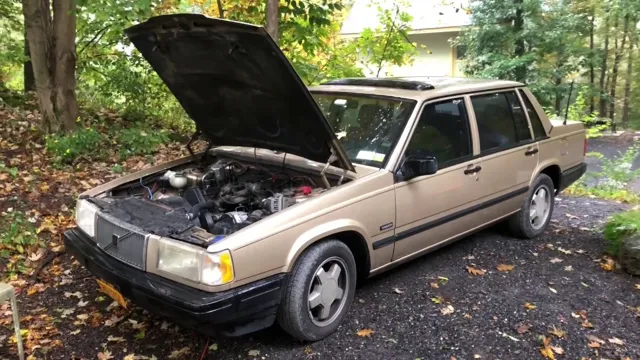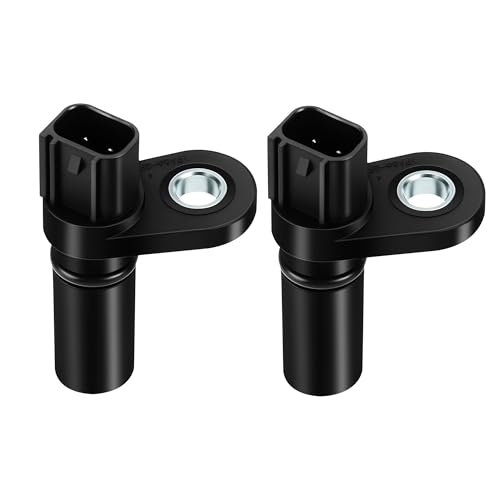Flashing Check Engine Light: Causes and Solutions
Driving with a flashing check engine light is not advisable as it can lead to further engine damage or pose a safety hazard. Repairing the underlying issue, such as a misfire due to bad spark plugs or ignition coils, is essential to avoid potential consequences.
When your vehicle’s check engine light starts flashing, it indicates a critical problem that requires immediate attention. Ignoring a flashing check engine light can result in severe damage to your car’s engine. The flashing signifies a misfire, usually caused by faulty spark plugs or ignition coils.
To prevent further issues, address the problem promptly by having the necessary repairs done. Driving with a blinking check engine light is not recommended, as it can lead to more significant and costly repairs down the line.
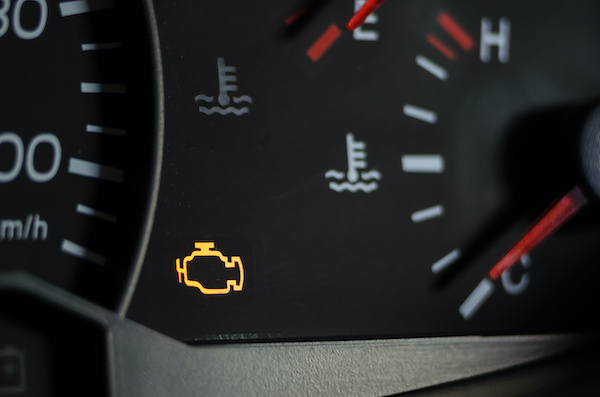
Credit: www.fasrvc.com
Understanding The Flashing Check Engine Light
A flashing check engine light can be a cause for concern for any driver. Understanding what this warning signal means and the potential dangers of ignoring it is crucial for maintaining the health of your vehicle.
What Is A Flashing Check Engine Light?
A flashing check engine light indicates a severe issue with the engine that requires immediate attention. It typically signifies a misfire in the engine, which can lead to serious damage if not addressed promptly.
The Dangers Of Driving With A Flashing Check Engine Light
- Further engine damage may occur
- It could pose a safety hazard
- Ignoring it may worsen the problem
Driving with a blinking check engine light is not recommended. It can result in additional harm to your vehicle’s engine or even jeopardize your safety on the road. Addressing the issue promptly is essential to prevent further complications.
Causes Of A Flashing Check Engine Light
Common Reasons For A Flashing Check Engine Light
One common reason for a flashing check engine light is an engine misfire. This can occur due to issues such as bad spark plugs or ignition coils.
Symptoms Of A Misfire Causing The Flashing Check Engine Light
A misfire can cause the check engine light to flash and result in symptoms like shaking or vibrating while driving, and a decrease in engine performance.
Solutions For A Flashing Check Engine Light
Is your check engine light flashing? Driving with a flashing check engine light is not recommended as it could cause further damage to your vehicle’s engine. It could also be a safety hazard. Get your car checked by a professional to diagnose and fix the problem.
Replacing Spark Plugs And Ignition Coils
A flashing check engine light and a shaking car can be indicators of an engine misfire. The most common cause of this issue is usually a bad spark plug or ignition coil. When these components are faulty, they can’t provide the necessary spark to ignite the fuel-air mixture, resulting in misfires and potential damage to the catalytic converter.
To fix this problem:
- Identify the faulty spark plug or ignition coil.
- Remove the ignition coil using the appropriate tools.
- Replace the spark plug or ignition coil with a new one.
- Ensure proper installation and tighten any connections.
- Clear the check engine light code by disconnecting the battery for a few minutes or using an OBD-II scanner.
Checking The Negative Battery Cable
Another potential cause of a flashing check engine light is a loose or corroded negative battery cable. A faulty connection can disrupt the flow of electricity to the engine, leading to misfires and other issues.
To check the negative battery cable:
- Open the hood of your car and locate the battery.
- Inspect the negative battery cable for any signs of damage, such as fraying or corrosion.
- If necessary, use a wrench to loosen the cable clamp and remove it from the battery terminal.
- Clean the battery terminal and cable clamp with a wire brush to remove any corrosion.
- Reconnect the cable to the battery terminal and tighten the clamp securely.
If the negative battery cable was loose or corroded, fixing this issue may solve the problem causing the check engine light to flash.
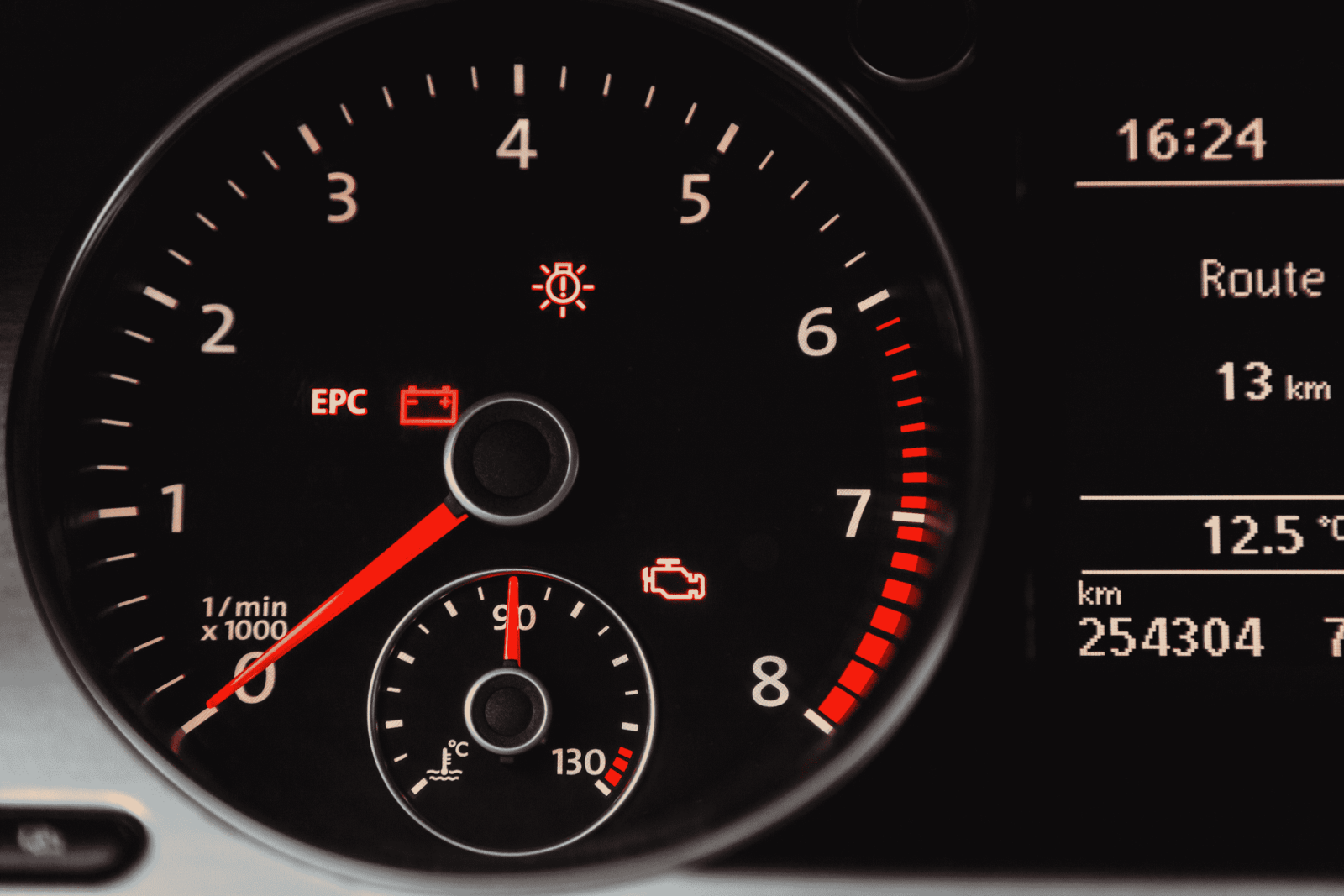
Credit: www.dependablecarcare.com
Effects Of Ignoring A Flashing Check Engine Light
Ignoring a flashing check engine light can lead to a host of issues and potential dangers for both the vehicle and the driver. From causing irreparable damage to the engine to creating safety hazards while driving, neglecting this warning sign can result in significant long-term consequences.
Potential Damage To The Engine
Ignoring a flashing check engine light can result in potential damage to the engine. When the light is flashing, it indicates a severe issue, such as a misfire, which can lead to unburnt fuel entering the exhaust system. This unburnt fuel can damage the catalytic converter over time, resulting in costly repairs. Continuing to drive with a flashing check engine light can exacerbate the problem, leading to more extensive and expensive damage to the engine.
Safety Hazards While Driving
Ignoring a flashing check engine light can also pose safety hazards while driving. A flashing check engine light often indicates a severe engine issue that can cause the vehicle to operate erratically or lose power unexpectedly. This can compromise the driver’s ability to maintain control of the vehicle, increasing the risk of accidents or breakdowns on the road. Additionally, a misfiring engine can lead to excessive exhaust emissions, potentially impacting air quality and the environment.
Difference Between A Flashing And Solid Check Engine Light
A check engine light is an indication from your vehicle’s onboard diagnostics system that something may be wrong. It may come on as either a solid light or a flashing light. Understanding the difference between these two signals is crucial in determining the severity of the issue and taking appropriate action to address it.
Meaning And Implications Of A Solid Check Engine Light
A solid check engine light typically indicates a less severe issue and serves as a warning that there is a problem with the vehicle’s emissions system or engine performance. It might be related to a faulty sensor, such as an oxygen sensor, or a loose gas cap. However, even though the issue may not be immediate, it’s still essential to address it promptly to prevent further complications and potential damage to the vehicle.
Meaning And Implications Of A Flashing Check Engine Light
A flashing check engine light is a more urgent warning sign that should not be ignored. It indicates a potentially serious problem that requires immediate attention. A flashing light typically points to a severe misfire in the engine, which could lead to catalytic converter damage, resulting in costly repairs. Ignoring a flashing check engine light and continuing to drive the vehicle could exacerbate the issue and pose safety risks.
The potential consequences of ignoring a flashing check engine light include further engine damage, reduced fuel efficiency, and increased emissions. Additionally, it could result in the vehicle not passing emissions tests, leading to potential fines or restrictions on driving.
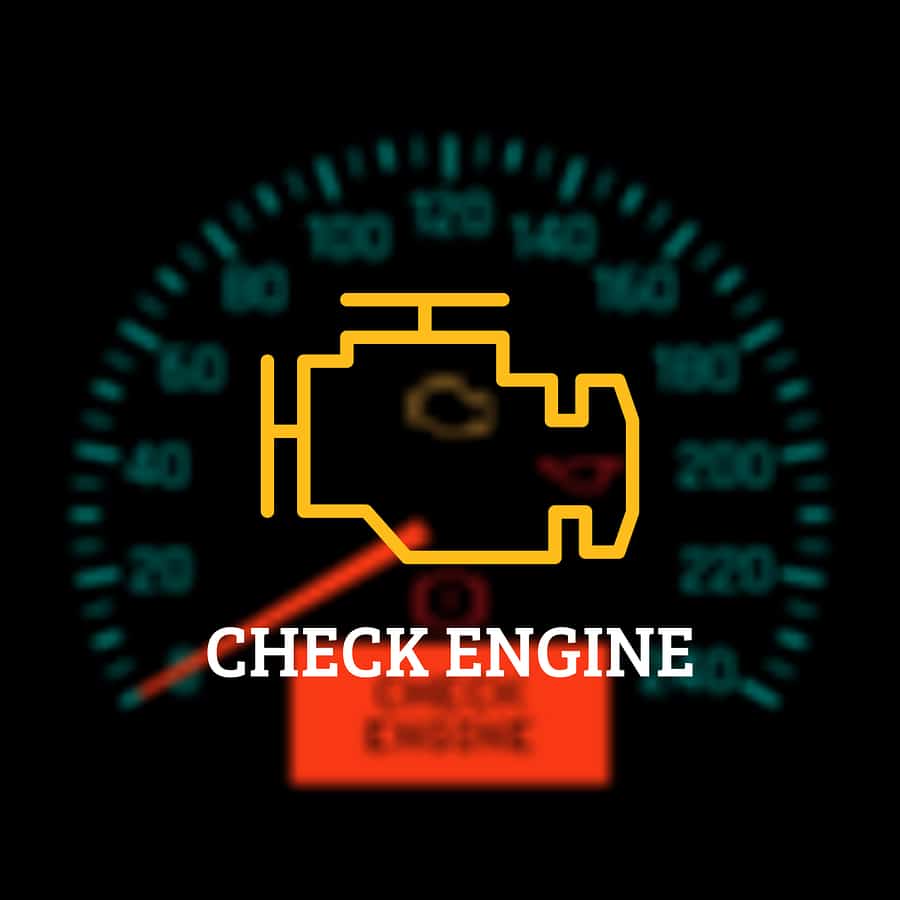
Credit: www.hollenshades.com
Frequently Asked Questions On Flashing Check Engine Light
Can You Still Drive With A Blinking Check Engine Light?
It is not safe to drive with a blinking check engine light as it could lead to engine damage or safety risks.
What Is The Most Common Cause Of A Flashing Check Engine Light?
A flashing check engine light is commonly caused by a misfire due to bad spark plugs or ignition coils.
Why Is My Check Engine Light Flashing And My Car Jerking?
The flashing check engine light and car jerking could be due to an engine misfire. The likely causes are bad spark plugs or ignition coils. Replacing these components should fix the issue. It is not advisable to drive with a flashing check engine light and a shaking car as it could cause further damage or be a safety hazard.
Why Is My Check Engine Light Blinking And My Car Shaking?
A blinking check engine light and car shaking indicate an engine misfire, likely due to a bad spark plug or ignition coil. Continuing to drive could cause further damage. Seek immediate assistance to fix the issue and avoid potential engine damage and safety hazards.
Conclusion
When your check engine light is flashing, it is crucial not to ignore it. Driving with a blinking check engine light can potentially lead to further damage to your vehicle’s engine or pose a safety risk. The flashing check engine light indicates a serious issue, often related to engine misfires or problems with spark plugs and ignition coils.
It is important to address the problem promptly and seek professional assistance for proper diagnosis and repairs. Don’t take any chances with your vehicle’s health and safety.

